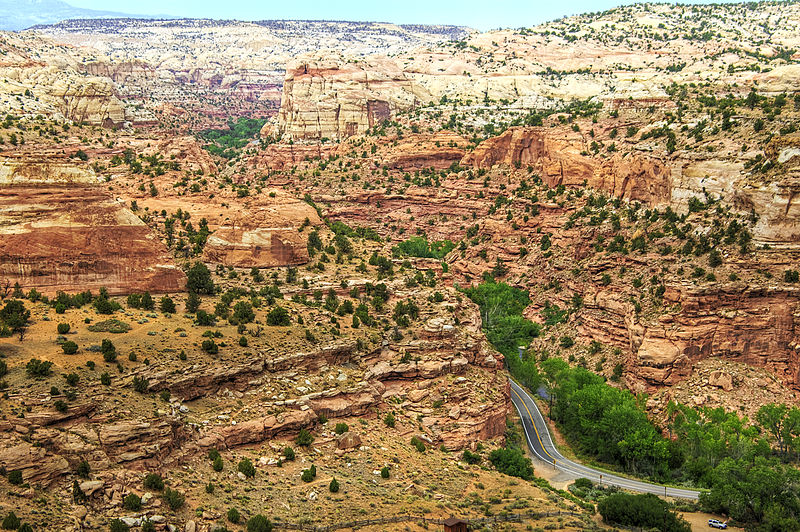| Not long ago, Interior Secretary Sally Jewell told Utah Gov. Gary Herbert, "We are not the Clinton administration." In one particular sense, she is right. Jewell’s comment was in response to Herbert’s concerns that the Obama administration plans to designate a new Bears Ears national monument in Utah. Republican leaders in the state remember how, 20 years ago, President Bill Clinton stunned them by declaring the Grand Staircase-Escalante |
| | National Monument — something he did from Arizona, a safe distance away. The first word that such a thing was possible came a little more than a week before it happened, and it came through a story in the Washington Post. This, said Mike Leavitt, the governor of Utah at the time, “is not the way democracy works.” But there is nothing democratic about the 1906 Antiquities Act, which gives presidents unilateral authority to create national monuments. The idea behind that is that local opposition can stand in the way when importance preservation is obvious. Presidents also have to concern themselves with political fallout, which acts somewhat as a check against abuses, unless you’re a Democrat and the state in question is Utah. Clinton was in a re-election campaign and needed to show his environmental base that he was worthy of their enthusiastic support. He wasn’t going to win Utah, anyway. But Jewell’s nearly week-long visit to the state last week, in which she sat through emotional hearings and met with people on all sides, demonstrates the Obama administration is at least concerned about the fallout of what it is considering doing. She also has met with Utah politicians. The hope is she gained a healthy respect for the many interconnected interests involved in the land. Supporters of the Antiquities Act like to note that nearly all national parks and monuments faced still opposition from locals at first, including Yellowstone and the Grand Canyon. They like to point out how the opposition fades and people seem to universally enjoy the set-aside land once the designation is in place. This is, of course, true. But it’s also true that the victors get to tell the story. The concerns others had about livelihoods and other interests are tossed aside. Many visitors to national monuments come from afar and have no stake or interest in the things that once mattered to locals. That doesn’t mean the land shouldn’t have been preserved. It also doesn’t mean a nuanced solution, taking all interests into account and giving special consideration to important preservations, is without merit. In this case, the Public Lands Initiative, a bill introduced by Utah Reps. Rob Bishop and Jason Chaffetz, offers a potential for such a solution. It certainly could be amended and negotiated through the legislative process, which is what democracy is about. Jewell seems to have an appreciation for that, too, although she indicated the Obama administration won’t wait forever for Congress to act. That sense of urgency may not make Utah politicians happy, but the approach is a lot different from what happened 20 years ago. |


 RSS Feed
RSS Feed

